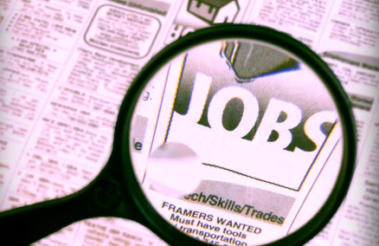Charity finance professionals need to be prepared for a number of finance roles to disappear, according to a former Microsoft finance director.
Writing in the March edition of Civil Society Media's Charity Finance, Oliver Deacon, who is now a coach, cites the World Economic Forum’s The Future of Jobs report from 2020 which predicts that seven of the top 20 jobs that will disappear in the coming years are in the finance industry, including accountants and auditors, bookkeeping and payroll clerks, and financial analysts.
“Currently, around half of all finance roles are technical roles. This includes roles in finance operations, internal audit and compliance, treasury etc,” Deacon writes.
“However, these are set to shrink by 50% over the next decade, as numerous technical roles become standardised and automated.”
Yet, Deacon says that for those that are willing prepare it is “not all doom and gloom” because “eight of the top 20 [job roles] that will increase are also seen in finance functions, including digital transformation specialists, data analysts and scientists, and strategic advisers”.
As well as changes to the roles available in finance, the tools and processes used by finance professional will also change.
Some of the changes will around cloud-based finance systems, data and analytics, machine learning and artificial intelligence, and robotic process automation.
The path to the future of finance
Although the exact path to this new world for finance professionals depends on a number of factors, there are two elements, Deacon writes. These are people and processes.
For the people working in finance, he highlights a number of things they can do to prepare. These include educating yourself on the future and career paths and building your own personalised development plan.
In terms of the changes to processes, Deacon advises that organisations need to ensure they have clean data, being able to automate processes, move to cloud-based systems, use big data and integrate machine learning.
Individuals will need to build their skills too. Deacon breaks these down into technical skills on how to use these new tools, and “soft” interpersonal skills.
On the latter, he notes: “Communication and influencing are vastly underrated skills within finance circles. To really influence business decisions, being able to effectively communicate a message, tell a good story and to clearly present the information that you have at your disposal is key.”
Related articles










